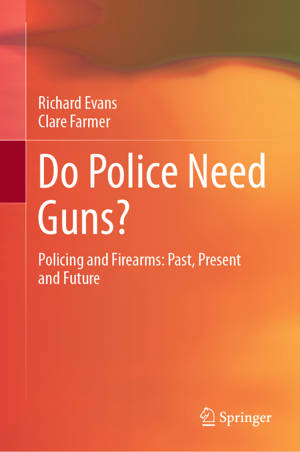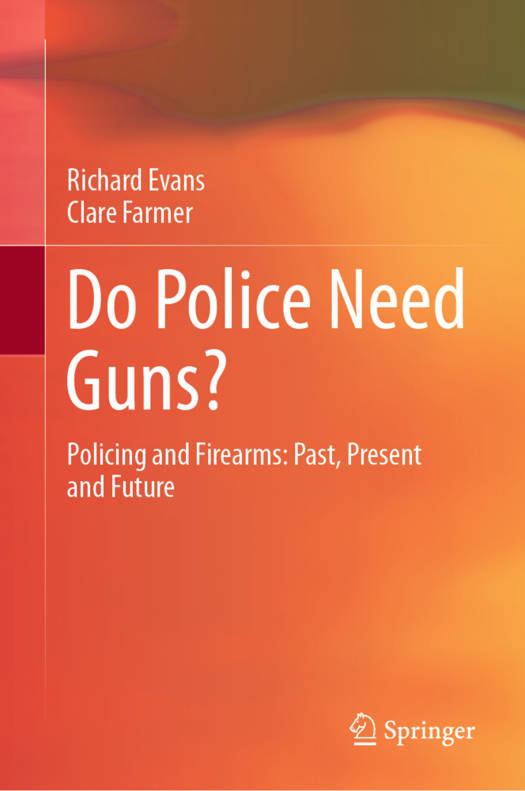
- Afhalen na 1 uur in een winkel met voorraad
- Gratis thuislevering in België vanaf € 30
- Ruim aanbod met 7 miljoen producten
- Afhalen na 1 uur in een winkel met voorraad
- Gratis thuislevering in België vanaf € 30
- Ruim aanbod met 7 miljoen producten
Do Police Need Guns?
Policing and Firearms: Past, Present and Future
Richard Evans, Clare FarmerOmschrijving
This book challenges what are, for many people, deep-rooted expectations regarding the routine arming of police and compares jurisdictions in which police are routinely armed (Toronto, Canada and Brisbane, Australia) and those where police are not routinely armed (Manchester, England and Auckland, New Zealand). With a focus on Western jurisdictions and by examining a range of documentary, media and data sources, this book provides an evidence-based examination of the question: Do police really need guns?
This book first provides detailed insight into the armed policing tradition and perceptions/expectations with respect to police and firearms. A range of theoretical concepts regarding policing, state power and the use of force is applied to an examination of what makes the police powerful. This is set against the minimum force tradition, which is typified by policing in England and Wales. Consideration is also given to the role played by key tropes and constructs of popular culture. Drawing on Surette's model of symbolic reality, the book considers contrasting media traditions and the positioning of firearms within narrative arcs, especially the role of heroes. The book concludes by drawing together the key themes and findings, and considering the viability of retaining and/or moving towards non-routinely armed police.
Specificaties
Betrokkenen
- Auteur(s):
- Uitgeverij:
Inhoud
- Aantal bladzijden:
- 141
- Taal:
- Engels
Eigenschappen
- Productcode (EAN):
- 9789811595257
- Verschijningsdatum:
- 21/11/2020
- Uitvoering:
- Hardcover
- Formaat:
- Genaaid
- Afmetingen:
- 156 mm x 234 mm
- Gewicht:
- 403 g

Alleen bij Standaard Boekhandel
Beoordelingen
We publiceren alleen reviews die voldoen aan de voorwaarden voor reviews. Bekijk onze voorwaarden voor reviews.











